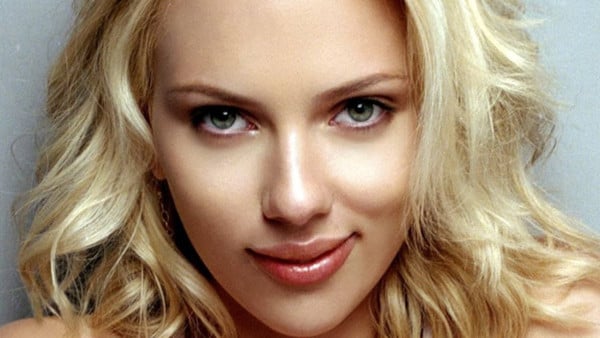Scarlett Johansson Takes on OpenAI
by EG

It's been clear from the start that there was going to be friction between artists and the AI companies using artists' creations without permission to build their technology. The tension has bloomed into a full-blown battle as Scarlett Johansson has accused Chat-GTP-maker OpenAI of illegally using her voice to create a voice for its AI assistant technology. The skirmish is likely to be just the opening salvo in a fight for the future of creativity. Read on for details.
Artists were first to sue. Then authors hit generative artificial intelligence companies with a volley of lawsuits, followed by publications. As battle lines over the use of AI tools in Hollywood are being drawn, actors may be the next group of creators to open another front in what could be an industry-defining legal battle against AI firms over the use of copyrighted works and personal data to power their human-mimicking chatbots.
On Monday, Scarlett Johansson threatened legal action against OpenAI for allegedly copying and imitating her voice after she refused to license it to the company. According to the actress, OpenAI asked her to be one of the voices called “Sky” for its newest AI system. She declined, though she said that didn’t stop chief executive Sam Altman.
“When I heard the released demo, I was shocked, angered and in disbelief that Mr. Altman would pursue a voice that sounded so eerily similar to mine that my closest friends and news outlets could not tell the difference,” she wrote in a statement.
Johansson said that the similarity was intentional, pointing to Altman tweeting “Her” — a reference to her role as an AI assistant who forms an intimate relationship with a human in Her. She’s hired legal counsel, who wrote two letters to OpenAI, directing them to detail the process by which they created the “Sky” voice. Both of the letters referenced in Johansson’s statement (she wrote them herself) were sent after the Altman-led firm rolled out its demo and advanced multiple potential legal claims, a person familiar with the situation tells The Hollywood Reporter.
“They wouldn’t have done this if not for the letters,” this source says. “This wasn’t just a ‘What’s going on over there?’ [letter]. This was much more aggressive and forceful.”
OpenAI dropped “Sky,” but the specter of litigation looms over the company embattled with legal issues over the foundation of its technology.
The legal threat follows the filing of a proposed class action in New York federal court against Berkeley-based AI startup LOVO accusing the company of stealing and profiting off of the voices of actors, as well as those of A-list talent such as Johansson, Ariana Grande and Conan O’Brien. It’s believed to the first lawsuit against an AI firm over the use of likenesses to train an AI system and marks a growing rift between creators and companies alleged to indiscriminately hoover troves of copyrighted works and data to fuel their technology.
For SAG-AFTRA, OpenAI’s blunder couldn’t have come at a better time. There has been a surge in AI services that allow users to replicate members’ likenesses without consent or compensation. The union has blitzed legislators in advocating for a federal right of publicity law in the absence of federal laws covering the use of AI to imitate actors’ likenesses. A patchwork of state right of publicity laws has filled the void, but OpenAI’s alleged theft of Johansson’s voice underscores limitations of the current legal landscape.
Get the rest of the story at The Hollywood Reporter.